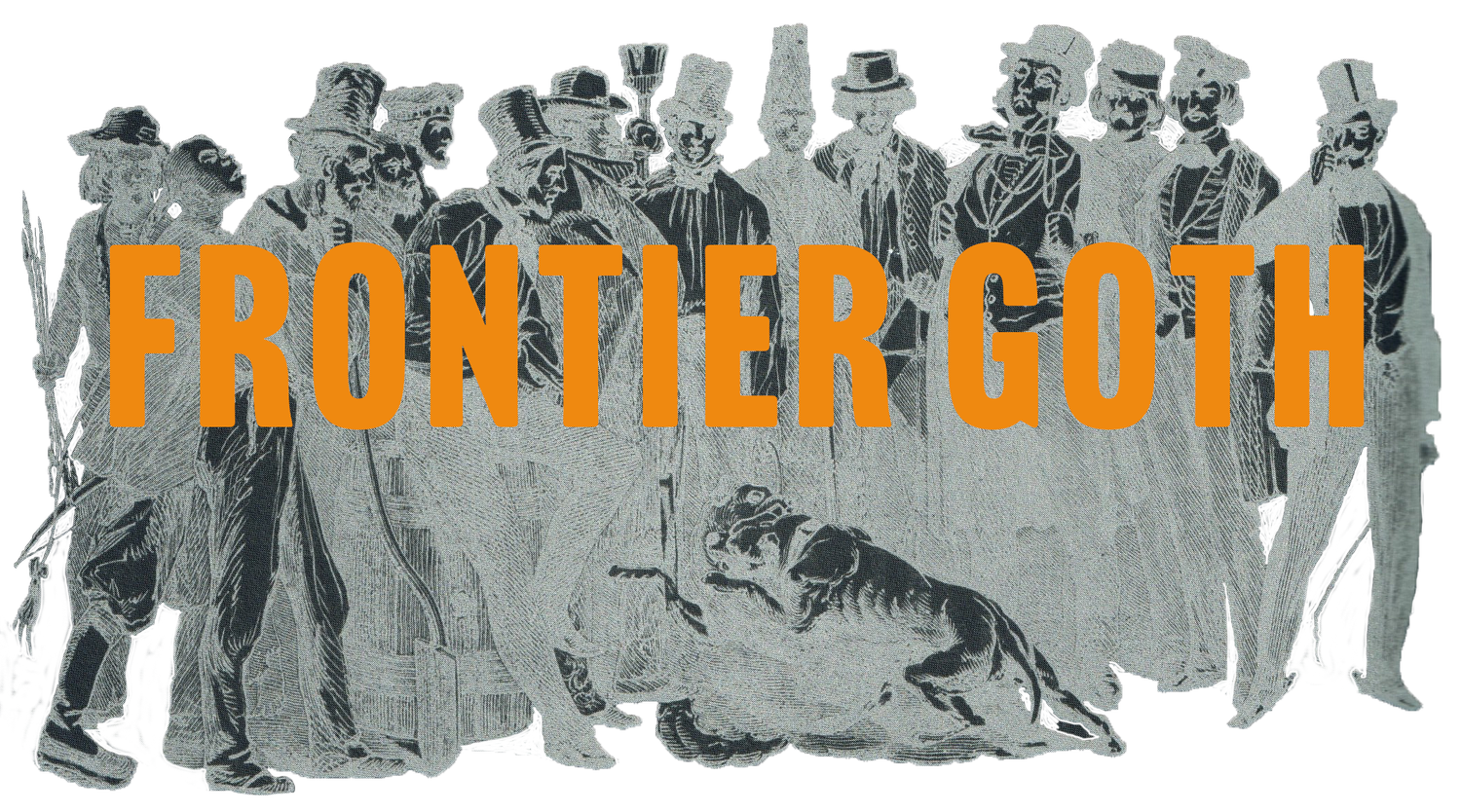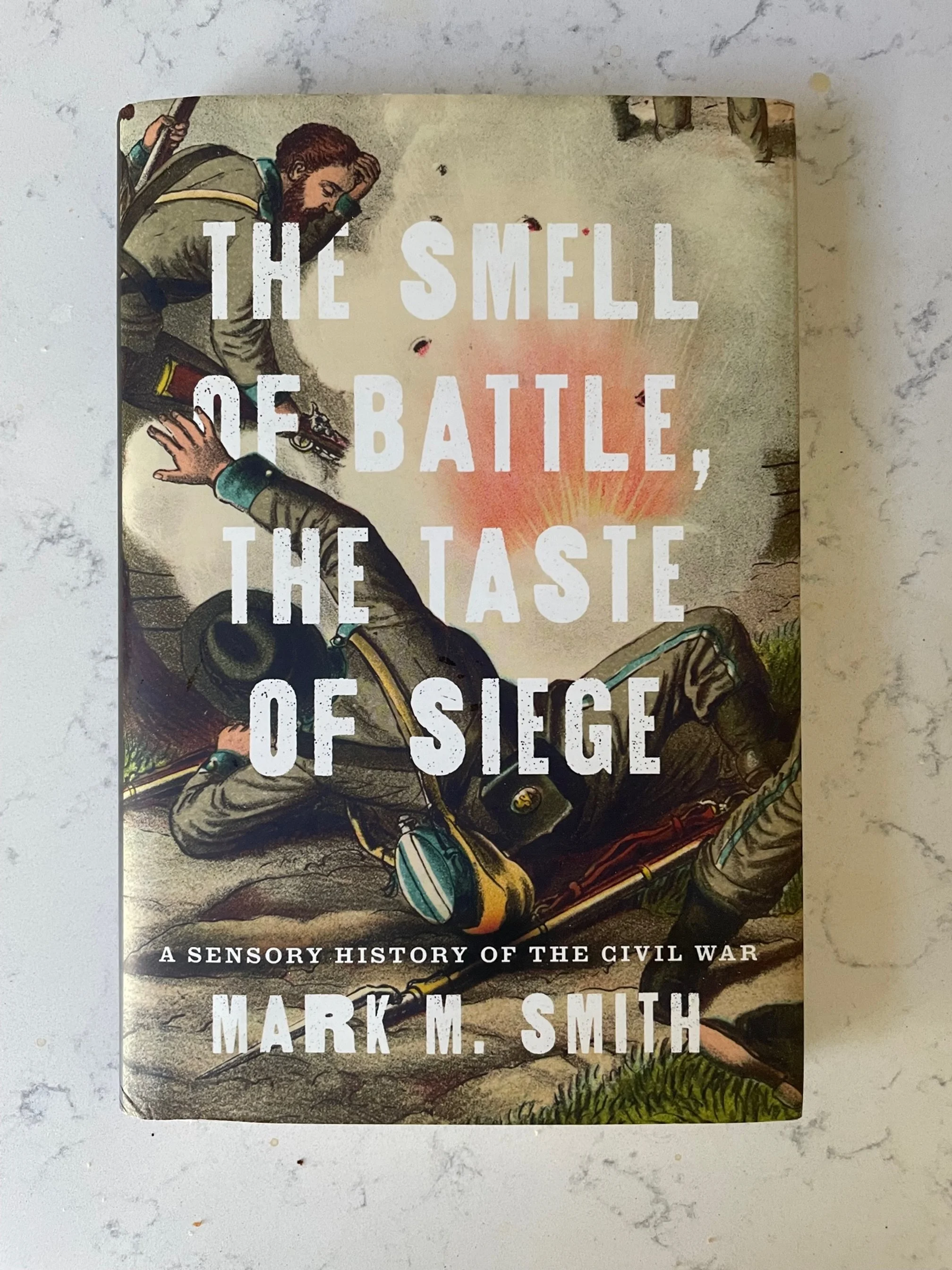The Smell of Battle, The Taste of Siege by Mark M. Smith
“The siege, as one contemporary put it, ‘abolished the unwritten law of caste.’ Now, all tongues tasted equally awful fare, and the simple mechanism of hunger drove those with taste to suspend it, so desperate were they to get something inside them. Hunger reduced planter to slave and human to animal. Just beneath the veneer of a carefully cultivated civility, poise, and demeanor, centuries in the making, stood a visceral human-animal, motivated by base instincts. Even when elites managed to acquire beef—sometimes stray cows were killed by shell—the mode of preparing and consuming the meat, which was smoking it and hanging it around the caves, made them eel ‘quite like an Indian,’ reluctant members of a putatively inferior, savage civilization. And therein was the agony for the Vicksburg elite; whatever food was on offer was food they had rarely consumed prior to the war. It was coarse food, food for the unrefined tongue. Now it was all that was left, and it was what they had to eat to simply survive. In this devolution of taste rested a revolution in the tongue, a revolution for those wholly unaccustomed to eating filth.”
-Mark M. Smith, 2015



